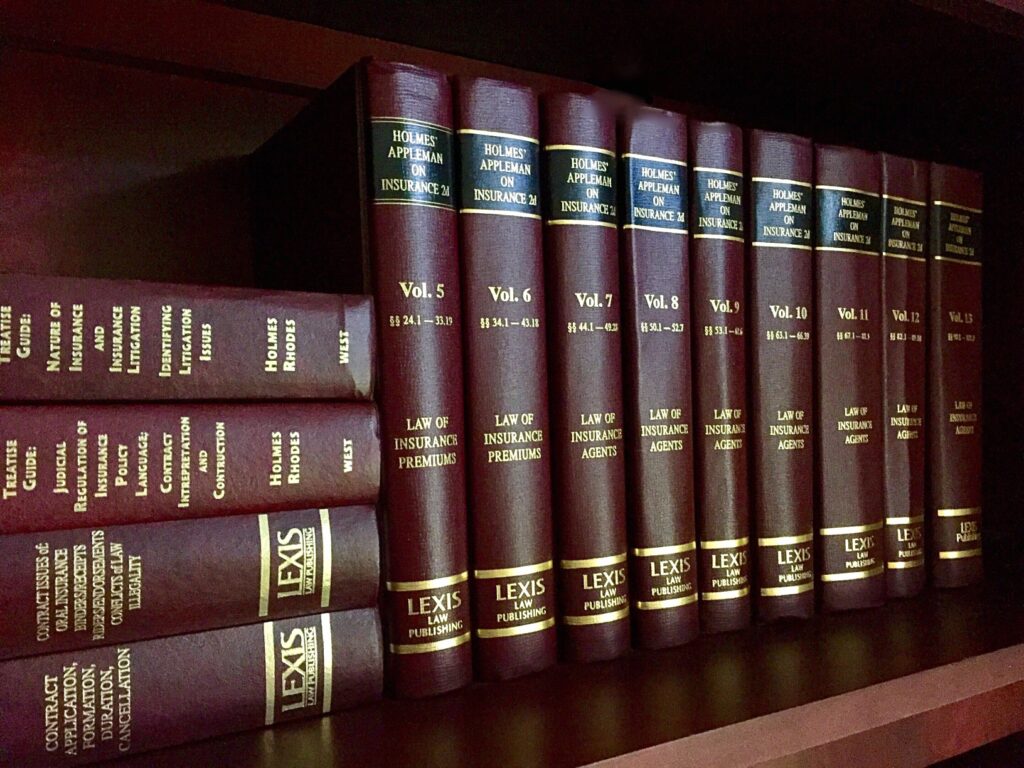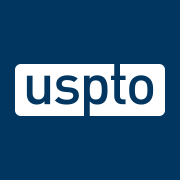In a minority of cases where a trademark filing is pending registation in the United States Patent and Trademark Office (USPTO), it may face a third-party challenge during the trademark application process, particularly once their trademark has been published for opposition. If the challenging party has senior rights in a similar mark, such that there is a likelihood of consumer confusion between it and the applicant’s mark, resolving the dispute without escalation may require that the applicant voluntarily abandon the contested application. However, if the challenging party commenced a formal opposition proceeding before the Trademark Trial and Appeal Board (“TTAB” or the “Board”), an express abandonment strategy could negatively impact the scope of the applicant’s trademark rights going forward.

Generally, when a trademark filing is not the subject of an inter partes proceeding before the Board (also called a trademark dispute in the TTAB), the applicant is at liberty to unilaterally withdraw the application without forfeiting its right to seek federal registration of similar or identical trademark for similar or identical goods and services at any time. And while this action may have consequences in terms of legal priority of a federal trademark filing, after a formal opposition is commenced, however, express abandonment of the subject application has a legally preclusive effect.
Section 602.01 of the Trademark Trial and Appeal Board Manual of Procedure (“TBMP”) governs withdrawal of pending federal trademark filing providing that unless the applicant obtains written consent from all adverse parties in the proceeding, voluntary withdrawal of the application results in the entry of judgment against the applicant. In other words, express abandonment of the subject application is comparable to an applicant’s acquiescence to the claims set forth in the opposition and, as such, and losing the case. The legal consequences are as if the dispute was adjudicated against the owner of the trademark filing. That applicant is subsequently precluded from obtaining federal registration for its mark, in connection with the same or similar goods and services. Naturally, this can have a devastating impact on a company’s branding and marketing objectives, and trademark protection strategy in the USPTO.
Consequences to Trademark Filing after Unilateral Withdrawal
In addition, even if the relevant parties settle their dispute, applicants should be mindful that consent to voluntary withdrawal of the subject trademark filing must be clearly and expressly given by all adverse parties to the proceeding in order to avoid the aforementioned preclusive effects. This issue was recently addressed by the Board in the case of Kathy Michael d/b/a Cedar Cove Inn v. Debbie Macomber, Inc. In that case, the parties’ settlement terms provided for continued use by each party without further challenge to their respective trademark rights and the applicant also agreed to expressly abandon the application that was subject of the Board proceeding. Originally, the applicant had successfully moved to dismiss the opposition without prejudice to its future registration efforts but, on reconsideration, the Board ultimately sided with the party opposing the trademark filing. Although the Board had accepted the applicant’s contention that the written settlement agreement must be construed as a grant of consent by the opposer to express abandonment of the subject application, the opposing party argued that its “negotiated expectation” of the settlement was that the applicant’s “withdrawal of its application would result in a judgment against Applicant, acting as res judicata against any future effort by Applicant or its successor to pursue registration of the mark.

The Board ultimately determined that it saw no consent to voluntary surrender of the application within the settlement agreement, stating: “Applicant is unpersuasive in its argument that signing the settlement agreement with a provision for abandonment of the trademark filing is equivalent to written consent to abandonment of the application for the purpose of avoiding entry of judgment. If this was the case, a settlement agreement could never provide for entry of judgment based on abandonment of the application, because execution of the agreement would operate to require dismissal in every instance.” Given that the agreement specified only that the applicant would expressly abandon its trademark filing, the Board found that the opposer’s written consent to that abandonment was not of record and, accordingly, the Trademark Rules required entry of judgment against the applicant.
How to Handle a Trademark Filing During TTAB Proceedings
In sum, while voluntarily surrendering a federal trademark application that has been challenged may seem like an ideal way to circumvent potentially time-consuming and costly litigation, it can have costly consequences that are detrimental to an applicant’s trademark rights and interests. Entrepreneurs or other trademark owners whose federal trademark filing have been formally contested through the TTAB should consult with an experienced trademark attorney to evaluate ideal defense strategy, and the various actions available to take in the USPTO trademark filing system.

